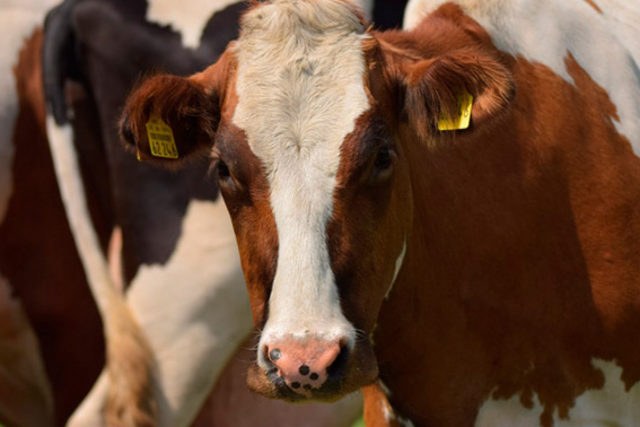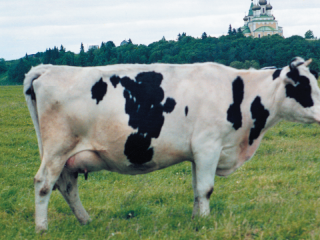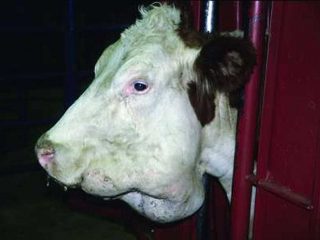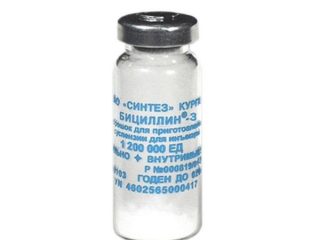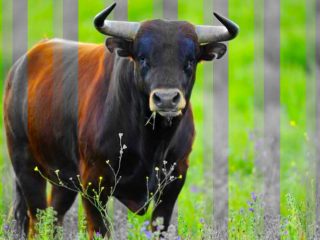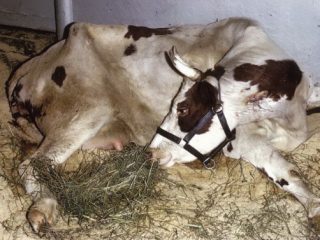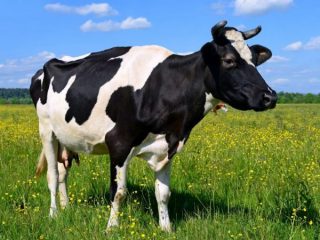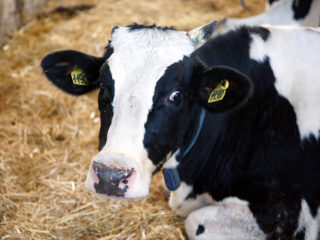Content
Often livestock breeders are faced with the fact that the cow sweats in the morning. And if in calves this is considered the norm, since their thermoregulation system is not yet able to fully perform its function, then in adults, a sign of excessive perspiration may indicate a disease. Therefore, it is worth understanding what factors can provoke profuse sweating in a cow, what to do in this case and how to prevent it.
The importance of sweating in cattle
Moderate sweating in cows and other animals is a natural physiological process. Thus, the body reacts to an increase in environmental or body temperature. This allows you to balance the balance and protect the body from overheating or hypothermia. Thanks to constant moderate sweating, the required temperature in the body is maintained. This ensures the full functioning of internal organs and systems.
Other functions of sweating:
- Protective. When sweat mixes with the secretion of the sebaceous glands, an invisible thin layer is formed on the surface of the skin. It acts as a protective barrier and prevents various pathogens from penetrating the skin.
- Cleansing. With excess fluid, harmful toxins and unnecessary breakdown products are removed from the body.
- Balancing. With the help of sweating, the water-salt balance in the body is normalized. As a result, the required concentration of mineral elements in the biological fluids of the body is maintained, which promotes metabolic processes.
But if a cow sweats profusely in the morning, then this indicates that there are certain factors that upset this balance. The reason can be both internal and external.
Why does a cow sweat?
The cause of excessive sweating is not always a disease. Minor physiological and external factors can provoke the problem. Therefore, if a cow constantly sweats in the morning, it is worth taking a closer look at what other changes have occurred in the behavior and condition of the animal.
Physiological reasons
Most often, the reason that a cow’s back sweats in the morning is the animal’s banal overheating. The optimal temperature for keeping cattle is +20-+25 degrees. An increase in this indicator leads to the fact that the animal is constantly thirsty, drinks heavily and, as a result, sweats excessively.
Also, the cause of morning perspiration can be stress, as a result of shuffling the herd, transportation and changes in living conditions.
Night guests can also cause fear in the animal. When the farm is located near a forest or meadow, ferrets or weasels often visit the barn. These small animals do not pose a danger to cattle, but they do cause stress. They can run along the cow's back, which causes some discomfort.The animal, trying to get rid of them, is in constant motion.
In addition, during the period of feeding their offspring, forest animals are able to cling to the udder. This leads to exhaustion of the animal and significantly reduces milk yield. As a result of constant tension at night, the cow sweats profusely in the morning and looks frightened.
Pathological causes
The cause of perspiration in cattle may also be a disease. In this case, other clinical symptoms are also present. It is important here that the livestock breeder is able to identify all changes in the behavior and condition of the cow, as this will allow the veterinarian to determine the type of disease and establish the correct diagnosis.
Possible pathological causes:
- Cardiovascular diseases. With disturbances of this kind, the cow develops shortness of breath, swelling of the limbs and eyelids. Also confirmed is an abnormal heart rhythm, an increased concentration of lactic acid in the blood, a bluish tint to the mucous membranes of the eyes and mouth, and the cow’s nose is sweating.
- Diseases of the urinary system. In this case, in addition to the fact that the cow sweats profusely, her appetite worsens, her limbs swell, she experiences a general depressed state, and the animal behaves aggressively during urination.
- Impaired functioning of the liver and biliary tract. The malfunction can be identified by the yellowish tint of the sclera and mucous membranes. The cow also looks tired, shows no interest in feeding and sweats profusely.
- Infestation with parasites. Infection of the cow with various protozoan microorganisms can provoke a deterioration of the condition. Additional symptoms of infection are weight loss, lack of appetite, lethargy, and drowsiness.
- Respiratory diseases. The cause of profuse sweating may be pneumonia or tuberculosis. In this case, the animal suddenly loses weight, and also develops a cough, rapid breathing and a rise in temperature.
- Traumatic reticulitis. During feeding, a foreign metal object may enter the cow's alimentary tract. This injures the walls of the proventriculus and adjacent organs. In this case, the animal arches its back, moans pitifully and tries to take a comfortable position in order to reduce discomfort. In addition, the cow's withers sweat, the cattle refuses to eat, and when the skin on the neck is pulled back, it reacts painfully.
- Acobaltosis. A lack of cobalt in the body can provoke excessive sweating in a cow. This is due to the fact that in some regions the soil does not contain this element, and as a result it is absent in the grass. Against this background, the animal develops anemia and general weakness is observed.
- Food poisoning. The cause of the disease may be poor-quality feed, poisonous plants and uncontrolled eating of cake and pulp. In this case, the cow experiences vomiting, diarrhea, and the functioning of the lungs and heart is disrupted. This leads to her sweating profusely.
- Skin diseases. In this case, temperature surges are observed, hair falls out and sweat is released profusely.
Seasonal vitamin deficiency can also provoke a deterioration in the animal’s condition. This is caused by a lack of vitamins B, A, D. Their deficiency can be suspected by the following signs:
- profuse sweating in the morning;
- general weakness, resulting in the animal constantly lying down;
- loss of appetite followed by weight loss;
- spots without hair, weeping lesions.
What to do if a cow is sweating a lot
In the case of physiological factors, it is necessary to adjust the conditions for keeping the cow. To do this, you should equip the premises with spacious stalls for free movement of animals and ventilation, which will allow you to maintain the optimal temperature. It is also important to eliminate any cracks, crevices, or holes that could allow rodents to enter.
If, in addition to the fact that the cow sweats in the morning, other pathological symptoms have been identified, you must immediately call a veterinarian. Only an experienced specialist will be able to examine the animal and establish the correct diagnosis. And in case of doubt, he will conduct additional tests.
After confirming the diagnosis, the veterinarian will prescribe the necessary course of treatment. All recommendations for administration and dosage must be strictly followed.
Prevention measures
To avoid the problem of cows sweating in the morning in the future, you need to follow simple rules. In most cases, the cause of disease is non-compliance with general standards for keeping cattle.
Basic preventive measures:
- a balanced diet according to the time of year;
- regular veterinary examinations;
- properly equipped barn;
- disinfection of premises and equipment twice a month;
- timely implementation of antiparasitic procedures.
Conclusion
If a cow sweats in the morning, then this is a sign that not everything is in order with her health. But only an experienced specialist can establish the pathological cause of this condition, so you should not experiment and delay time. Only adequate treatment will avoid serious problems and restore the animal’s health.
